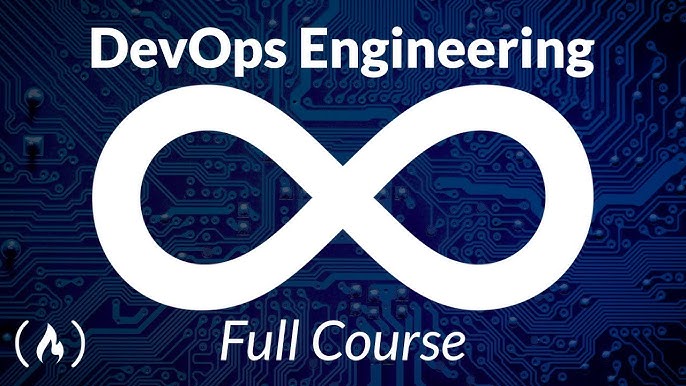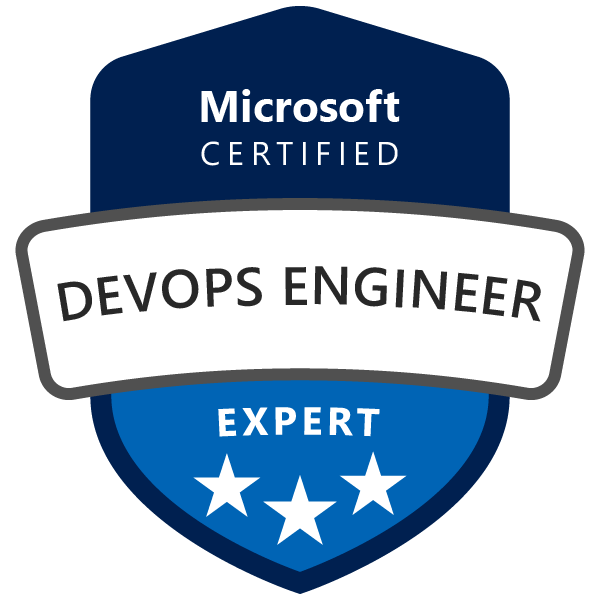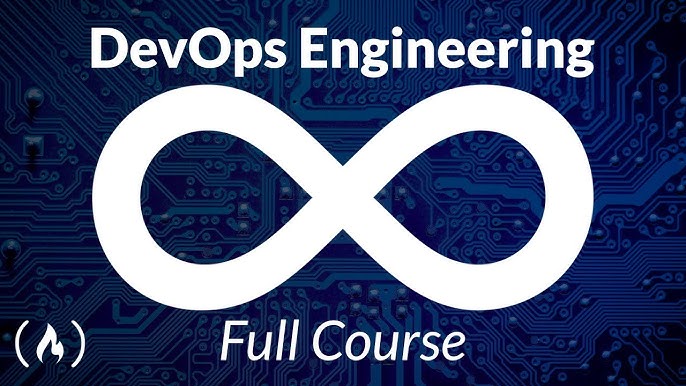DevOps Course Learn Skills for Modern Software Development Success
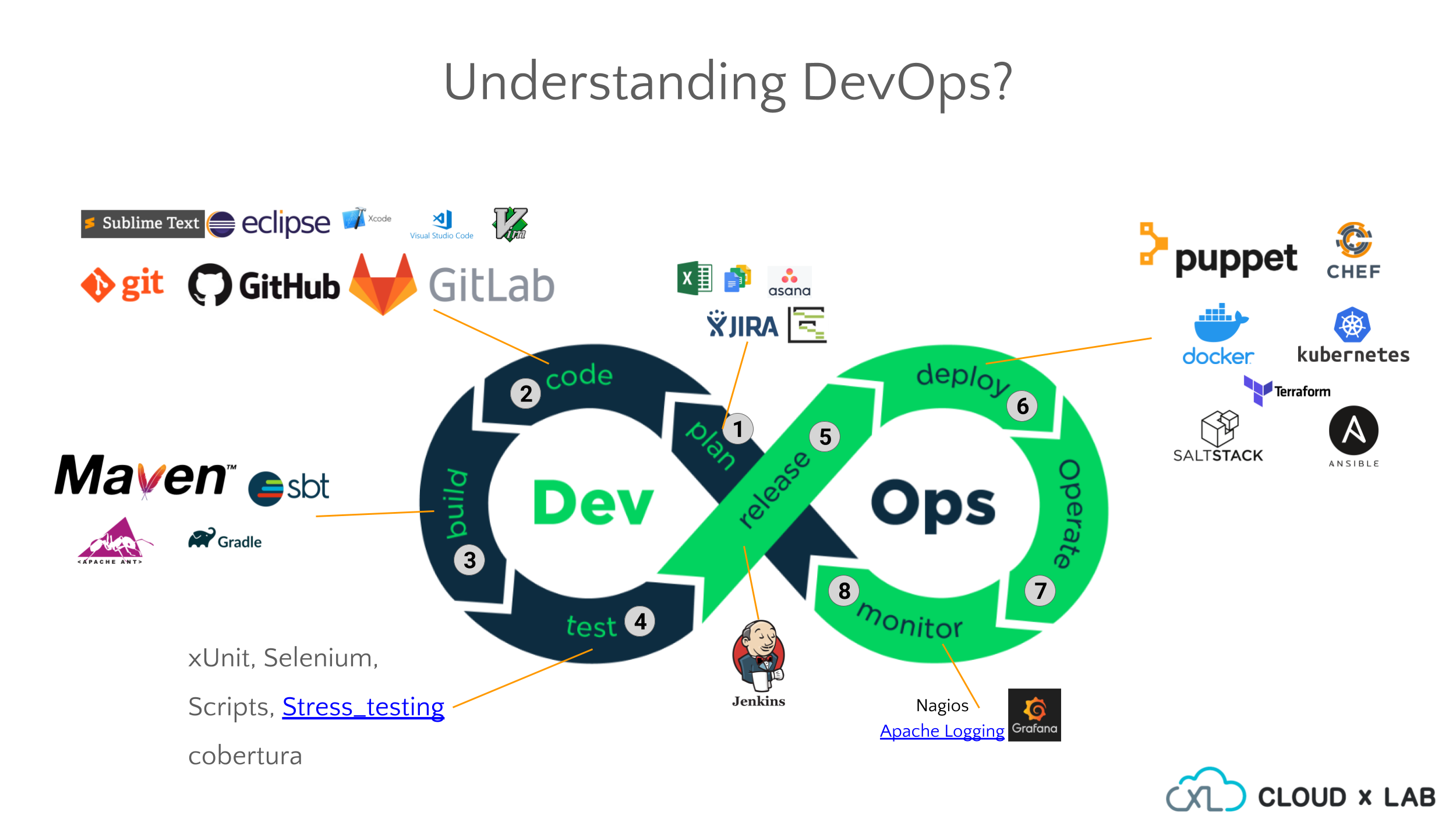
DevOps Course Learn Skills for Modern Software Development Success. Unlock your potential with our DevOps Course: Learn Skills for Modern Software Development Success. Gain hands-on experience & elevate your career today!
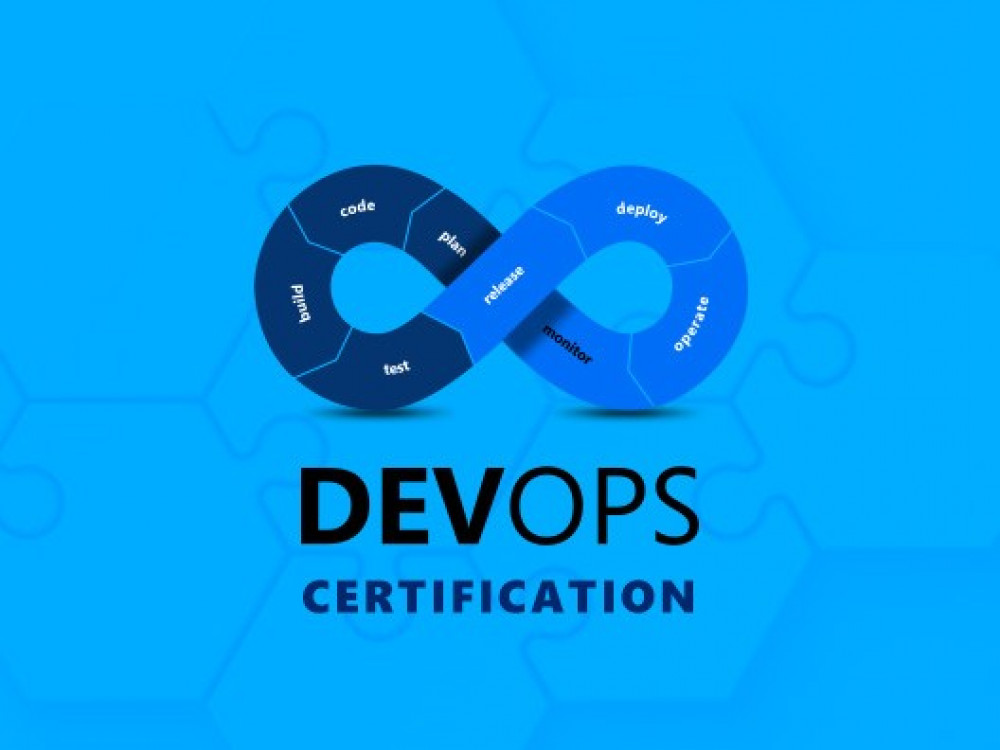
The Importance of DevOps in Modern Software Development
The integration of development & operations teams has become crucial in contemporary software development. This collaboration, termed DevOps, streamlines processes, enhances productivity, & ultimately leads to the successful delivery of software products. By merging these traditionally siloed functions, organizations can respond to the ever-growing demands of their clients more effectively. A robust DevOps Course: Learn Skills for Modern Software Development Success empowers individuals with the necessary skills to implement these practices. With the rising adoption of cloud computing, microservices, & continuous delivery, understanding DevOps principles is vital for any software development professional today. This dynamic approach reduces the time & cost associated with delivering services, ensuring that companies remain competitive. On top of that, the value of DevOps is also seen in improved collaboration & communication, reduced failure rates, faster recovery times, & enhanced customer satisfaction. These factors illustrate why investing in a DevOps Course: Learn Skills for Modern Software Development Success is essential for those aiming for careers in software development.
Key Skills to Acquire in a DevOps Course
A comprehensive DevOps Course: Learn Skills for Modern Software Development Success covers a range of essential skills that aspiring professionals should master. Below are some of these critical skills:
Version Control Systems (VCS)
Continuous Integration & Continuous Delivery (CI/CD)
Automation Techniques
Containerization Platforms like Docker
Infrastructure as Code (IaC)
Cloud Service Management
Monitoring & Logging Practices
Proficiency in Version Control Systems like Git allows teams to efficiently manage changes to their codebase, track modifications, & collaborate seamlessly. Continuous Integration & Continuous Delivery (CI/CD) are crucial for automating the deployment process, ensuring that updates are regularly integrated & delivered to users without delays. And another thing, skills in Automation Techniques enable firms to reduce manual intervention & increase efficiency by setting up automated testing & deployment procedures. Understanding Containerization Platforms, particularly Docker, is essential for building applications in standardized units, ensuring consistent environments across development & production. And don't forget, Infrastructure as Code (IaC) provides the means to manage infrastructure using code, making it easy to provision & manage server environments. Cloud Service Management plays a pivotal role as cloud solutions become the norm, & effective Monitoring & Logging Practices keep track of application performance, helping in prompt troubleshooting & optimization.
Benefits of Undertaking a DevOps Course
Taking a DevOps Course: Learn Skills for Modern Software Development Success presents numerous advantages for individuals & organizations alike. Here are some notable benefits:
Benefit Description
Increased Efficiency By fostering collaboration between software development & IT operations, efficiency is significantly improved.
Enhanced Quality Frequent updates & automated testing lead to higher quality software through continuous feedback.
Career Advancement The demand for professionals skilled in DevOps keeps rising, providing ample job opportunities.
Stronger Collaboration Learning DevOps practices fosters a culture of collaboration, significantly improving team dynamics.
Through increased efficiency, organizations can optimize their outputs, delivering better products faster. And another thing, the focus on frequent updates improves quality. Feedback mechanisms built into DevOps practices allow teams to iteratively enhance features, resulting in products that align closely with user expectations. For individuals, mastering these skills opens the door to a plethora of job opportunities, as many companies are eager to adopt these processes to stay competitive. Finally, the collaborative nature of DevOps promotes an environment where communication thrives, leading to stronger & more cohesive teams.
Essential Tools Used in DevOps
To facilitate effective DevOps practices, various tools play a crucial role in the software development lifecycle. Here’s a list of essential tools commonly covered in a DevOps Course: Learn Skills for Modern Software Development Success:
Git
Jenkins
Docker
Ansible
Kubernetes
Terraform
Prometheus
Tools like Git allow developers to manage their source code effectively. Jenkins automates the build & testing process. Docker provides a containerization platform that simplifies deployment across various environments. Ansible is a configuration management tool aimed at streamlining infrastructure automation. Kubernetes offers orchestration for Docker containers, enabling better management of application scaling & availability. Terraform is utilized for automating infrastructure provisioning through code, while Prometheus is widely recognized for application performance monitoring, empowering teams to maintain optimal system status.
The Role of Automation in DevOps
Automation stands at the core of the DevOps philosophy, revolutionizing how software development & deployment occur. Implementing automated processes can significantly reduce the manual effort needed for repetitive tasks such as testing, integration, & deployment. This leads to a more streamlined workflow & helps teams focus on higher-value activities. A DevOps Course: Learn Skills for Modern Software Development Success emphasizes automation, showcasing its vast benefits, including:
Rapid Deployment
Consistent Results
Reduced Errors
Enhanced Test Coverage
Better Resource Management
Rapid deployment enables frequent updates to applications, keeping them current & aligned with user needs. Automation contributes to consistent results by eliminating variations introduced by manual processes. And another thing, it mitigates the incidence of errors, as automated scripts perform tasks with higher accuracy than humans. Enhanced test coverage is made possible through automating testing cycles, including unit, integration, & end-to-end tests, ensuring a comprehensive evaluation of software performance. And don't forget, by automating infrastructure & application deployment, resources are utilized more efficiently, leading to better overall management.
Real-World Applications of DevOps
The principles taught in a DevOps Course: Learn Skills for Modern Software Development Success can be applied in various organizations, enhancing their software delivery processes significantly. Companies like Netflix & Amazon exemplify effective DevOps implementation, with their continuous delivery frameworks & quick deployment cycles. These organizations serve as a model for best practices in DevOps, demonstrating how effective collaboration between development & operations leads to seamless software performance. A substantial reduction in deployment times is observable, with updates available to users in near real-time. For example, Amazon reportedly deploys code every 11.7 seconds, a testament to the efficiency & responsiveness fostered by DevOps techniques.
"Invest in learning the tools, & start applying them right away. Practice is what sets leaders apart." Merle Bins IV.
Prospective Career Paths After a DevOps Course
DevOps Course: Learn Skills for Modern Software Development Success can explore various exciting career opportunities. Here are some common roles:
Job Role Description
DevOps Engineer Focuses on streamlining deployment processes, automating tasks, & fostering collaboration.
Site Reliability Engineer Ensures system reliability, availability, & performance through monitoring & incident response.
Cloud Engineer Manages an organization’s cloud infrastructure, ensuring continuous availability & efficiency.
Automation Architect Designs & implements automated processes for development & operations workflows.
Each role plays a vital part in a company's ability to operate efficiently & effectively in the software landscape, demonstrating the impact of skills learned through a DevOps Course: Learn Skills for Modern Software Development Success.
Frequently Asked Questions (FAQs)
What is DevOps?
DevOps is a combination of development (Dev) & operations (Ops) that emphasizes collaboration, automation, & integration between software development & IT operations teams. Its goals include shorter development cycles, increased deployment frequency, & improved quality of software.
Is a DevOps Course worth it?
Yes, enrolling in a DevOps Course enhances your understanding of modern software development practices, significantly improving your career prospects. Organizations are increasingly adopting DevOps, & professionals equipped with these skills are in high demand.
How long does it take to learn DevOps?
The duration to learn DevOps varies based on your prior experience & the course structure. Generally, comprehensive courses may take a few weeks to several months, depending on the depth of the subject matter covered.
Can DevOps be implemented in any organization?
Yes, DevOps principles can be applied across various industries & organization sizes. The fundamental focus on collaboration & continuous improvement is universally beneficial, regardless of the specific sector.
What are some common tools used in DevOps?
Some popular tools include Git, Jenkins, Docker, Kubernetes, Terraform, Ansible, & Prometheus. These tools assist with version control, continuous integration, containerization, orchestration, & monitoring.
What career opportunities are available after completing a DevOps course?
Upon completing a DevOps course, you can pursue roles such as DevOps Engineer, Site Reliability Engineer, Cloud Engineer, & Automation Architect, among others. These positions are vital in enhancing operational efficiency & software delivery processes.
DevOps Course
In summary, participating in a DevOps Course: Learn Skills for Modern Software Development Success is a strategic move for anyone aspiring to thrive in the software development industry. With organizations increasingly adopting DevOps practices to stay competitive, the demand for skilled professionals continues to surge. The course equips participants with the essential knowledge & tools to drive efficiency, collaboration, & quality throughout the software lifecycle. As the software landscape continually evolves, staying updated with DevOps principles will prove beneficial for professionals looking to make a significant career impact.


